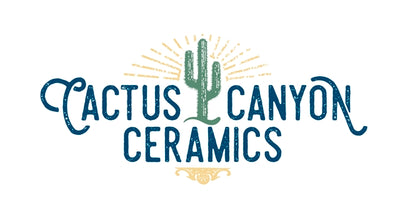Several nights ago, I was preparing a pasta dish and I was bowled over when I added an “extra virgin olive oil” from Croatia to a pot of very hot water. It was late in the day, I had not turned the kitchen lights on so lighting was dim. Below is the picture that will scare the daylights out of you! What is it? OMG! Is it really extra virgin olive oil?

The Croatian extra virgin olive oil was a gift from my lovely wife Pia, who recently traveled through Croatia with her brother. She knows I like to try different olive oils and she thought it would be fun to bring back a Croatian EVOO for tasting.
I tried it on toast and was disappointed with the flavor. I found it was rather “oily” and lacked a robust, fresh, green, olive taste, which I have grown accustomed to with Spanish olive oils. So, I decided I would use it for cooking,…. but after I saw what happened in the pasta water, I will throw it out.

At left is a photo of the Croatia “extra virgin olive oil”. I don’t think there is anyway this product meets the requirements of being an extra virgin olive oil.
Extra virgin olive oil is “first cold pressed” juice from the fruit of the olive. The actual temperature of the “cold pressing” cannot rise above 26 degrees Celsius. There are standards regarding the quality of olives necessary to produce extra virgin olive oil. And, once pressed, the olive juice is usually filtered and then stored at a cool temperature until bottled.
Many times in a mill, some of the cold pressed olive oil produced won’t meet the requirements and the oil is sold as “Virgin Olive Oil”. The even lower quality “olive oils” and industrial pomace oils, etc, are made with the crushed remains of the fruit, left over from the first cold pressing of the olives. Sometimes additives are added to olive oils and it is refined.
I did an additional test to confirm that I was not imagining things. Below is how the oils appear in cold water. A quality, Spanish extra virgin olive oil was added on the right, and the Croatian poser was added to the pot on the left. The Spanish EVOO is much more consistent and a deeper green. The goblets of the Croatian oil are thinner and clearer, with a smattering of very small goblets, almost invisible to the camera eye.

Quality extra virgin olive oils provide wonderful flavors, and are elementary in the preparation of tasty foods. Additionally, there are important health benefits to consuming extra virgin olive oil, which are not enjoyed with virgin or lower quality olive oils.
When Pia purchased the Croatian olive oil, the vendor told her that she produces it herself, actually grinding up the olives by hand. A story I am sure helps her sell more olive oil, but if true, I believe would lead to the production of a very low quality olive oil.
Without sending the Croatian olive oil to a lab, I cannot say for sure that the olive oil is a fraud, but I am highly skeptical. Each country may have small differences in how to quality an extra virgin olive oil. For example “”….obtained directly from olives and solely by mechanical means” is a phrase super important to identifying high quality EVOO in Spain. Maybe the “solely mechanical means” is not a prerequisite in Croatia? I don’t know the Croatian rules and regulations. And, I don’t want to reflect badly on any individuals in Croatia that are trying to make a living. But also I think it is important to shed light on some of the problems within the olive oil industry. It is very tempting for many merchants to water down a high quality extra virgin olive oil with lower quality additives, and then sell it as “extra virgin olive oil” for a high price. This undermines the market and makes customers suspicious or skeptical of real quality. According to google translate, “prijevara maslinovog ulja” means olive oil fraud in Croatian. A clearer expression understood by everybody might be 
Here at GringoCool, we are very interested in becoming your trusted source of Spanish, extra virgin olive oil. For this 2017 season, we are in the processing of bottling a robust, organic extra virgin olive oil made with the Picaul variety of olives, just like last year. As well, this year we will offer a slightly smoother, tamer tasting extra virgin made from hojiblanca olives. Our EVOO “Cold Pressed Elixir” can be found at www.gringocool.com and also on amazon.
Thanks for reading. Questions or comments are always welcome. – Steve


